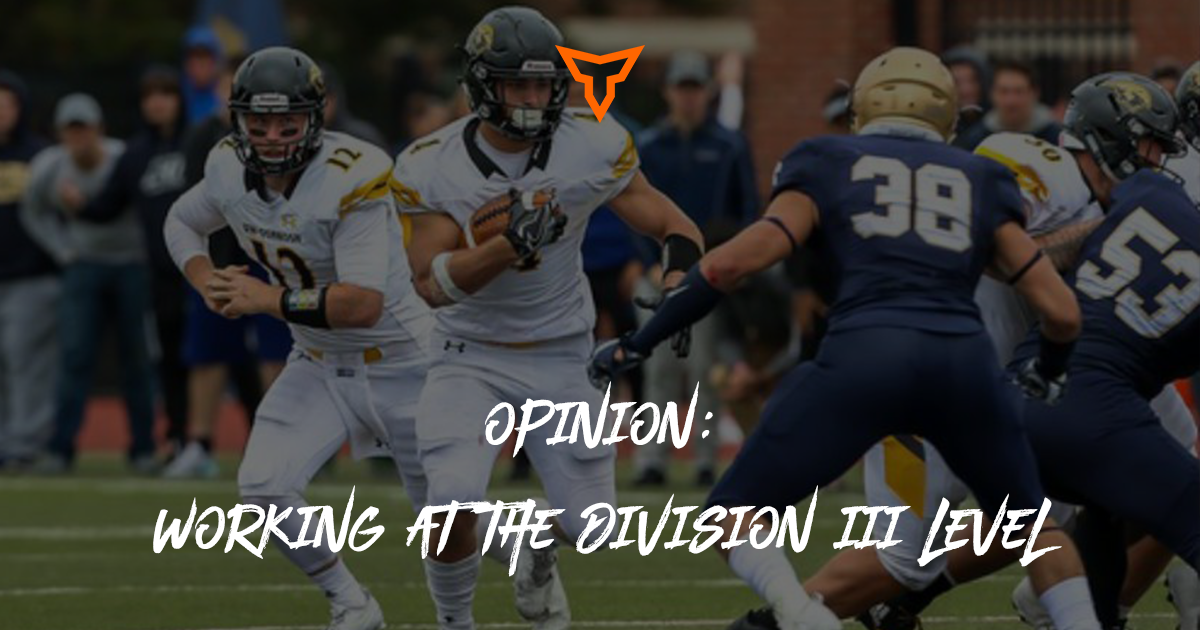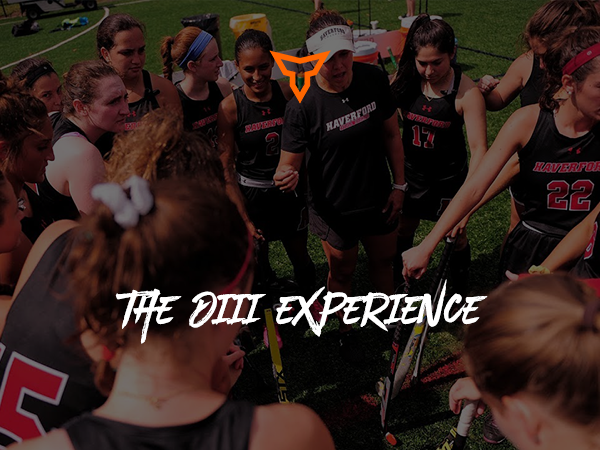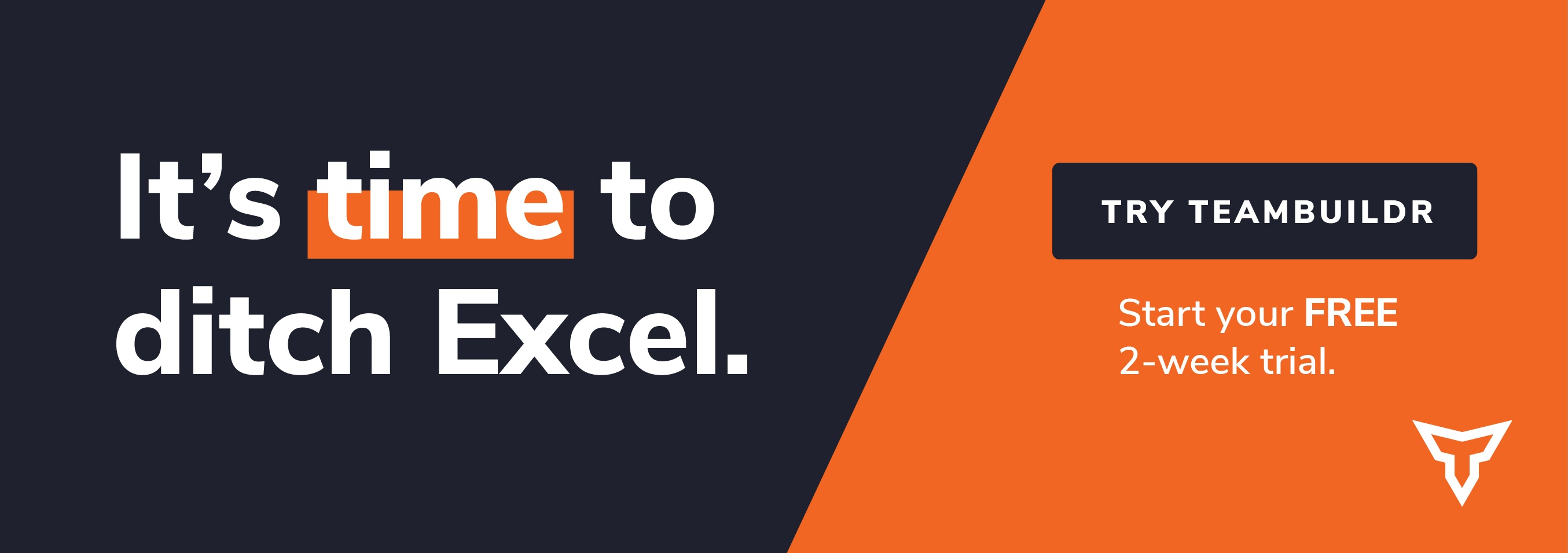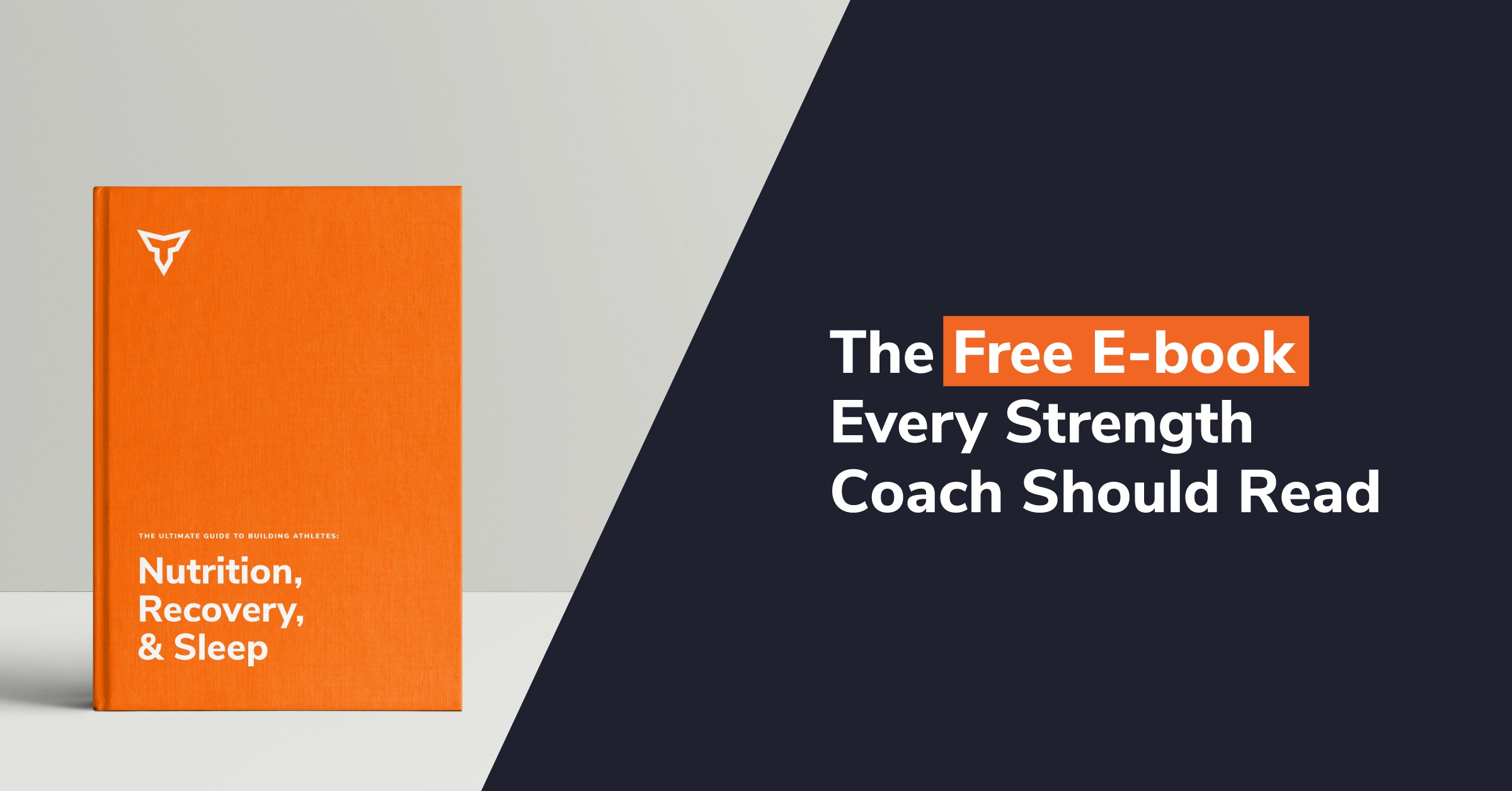I don’t blame you; it is a pretty sweet gig. Yes, there are over four hundred and fifty DIII schools, more than DI and DII. Yes, the athletes are not given athletic scholarships. And yes, you better be ready for a few things you are not going to see anywhere else.
And no, I am not talking about the unbelievable amount of time that you are going to spend on campus, or the frustrations we all share when the sport coach decides to up and change their schedule just because. Those are things that every strength coach is going to wrestle with; I am talking about things that are unique to the NCAA DIII world.
The first thing is to understand athletics is one of the most powerful recruiting arms the institution has. Whether or not this is understood, or even embraced by the administration, doesn’t matter. As part of the recruitment of potential students, it falls back on you to help spread the brand of the institution and to help create top of mind awareness in the local area. This happens by the countless small invisible actions that help funnel students into a particular institution over another. Try and account for the influence that the high school coach has over their athletes. That is where you come in my friend. Reaching out to the local schools and see what you can do to help them in the weight room or inviting the coaches over to the gym to “talk shop” are small steps to gain the trust of coaches and help them be confident in giving advice about your institution.
Every school has a handful of retired faculty, coaches, and other prominent community members that gather together at the local diner and talk about how things are going while drinking strong and cheap coffee. While these people are not quite the exact same as the boosters of large DI schools, never underestimate the power they have. Most DIII schools are very involved in the local community and local college sports always have a place on the rotating topic list. This group of potential allies is often neglected, which is a shame. Not only do they have hilarious stories and outlandish experiences that you can learn from, but they have an abundance of the most precious commodity: time. Time to talk to people like the Athletic Director and the President of the school about how the community perceives the college community and give their ideas of what the college is doing well or what it could be better at. Why is that important, you ask?
Politics, that’s all. At our level, the more the AD and President knows and hear about all the good things you are doing from people other than themselves, the more they are going to want to support you and the program moving forward. The more support you can get, the more you can do, which means getting the things you need to have, like money for assistants. More assistants mean more community outreach. After all, the more community support the school has, the more students enroll, and the more money the school brings in.
On the DIII campus, you better be ready to share. No surprise to anyone, there are only 6 open hours (2 hours before classes start and 4 hours in the afternoon) in the day to have training sessions with every team. Logistically that is going to be a challenge. What about the size of your facilities, you ask? They are probably going to be smaller than what is needed, and depending on your training philosophy, there might be useless equipment taking up precious space.
By the way, the overwhelming majority of DIII schools do not have separate facilities for athletes to use, so you better find a way to account for general students or staff members that want to work out when you have a training session. There are few things more upsetting than coming into the gym with a team all cranked up to have a squat session, to find half of the racks being used by other people doing who knows what. I doubt that is something Ohio State or Alabama has to worry about. Not only does sharing have to happen in the weightroom, but in other areas on campus as well. Being in a northern Great Lakes state the majority of the academic year, we have to plan for two old friends, snow, and cold weather.
Why is this important? Say you want to do some speed and agility work with an offseason team. You better be prepared to check what other teams need to use the space. What about academic classes? Yes, check with them as well. Does the campus community need this for recreation use? Better check with that user group too. Welcome to the world of multi-use areas and facilities.
Did you think the only thing you have to share are facilities? Quit being silly. Look at a job description for a DIII position. Expect to have your dream position as a strength coach be just one part of the full description with other duties like being a sport coach, teaching, equipment manager, or even doing game management. The typical work day is the same for any strength coach, usually 6 am to 6:30 pm, but with most DIII coaches, you have to change your mental gears as well as your clothes multiple times over the course of the day. Expect to do all the programming, coaching, and make workouts sports-specific (yes sport coaches and administrators still talk like this) with a staff of one. It take more focus and discipline than you can expect, to go from coaching in the weight room, to teaching in the class room, back to the weight room, then off to practice. It is unbelievably difficult to do a great job while being pulled all those different directions. Remember how the general adaptation syndrome warns that when people are exposed to multiple contradicting stresses, they will experience maladaptation? Same idea here.
Don’t misunderstand me, not everything is doom and gloom. If you are looking at an open position for a DIII school, just be ready for it. Clear eyes, full hearts. Right?
The experiences at this level of competition are not going to be anything like what you expect it to be. First of all, the athletes are generally good people and are willing to try just about anything you come up with without wondering if this is going to help or hurt their chances of going pro. Once you accept the fact there are significantly better athletes you will not be coaching, you begin to realize just how great of an impact you can have. After all, helping an athlete go from a 4.28 second forty to a 4.22 is a great reason to celebrate if you’re working with a potential draft pick, but don’t expect a celebration when you help an athlete goes from a 5.16 to a 4.82, 40 yard sprint? We D3 coaches are not going to draw any attention with that blazing speed, nor receive a bonus check from their agent, yet at the end of the athlete’s career, they might come to see you with misty eyes and offer a very sincere “Thanks Coach for everything you did to help me…” and offer a hand shake. Then something shows up in the mail that you would not expect: an invitation to their wedding. Asking you to be there for one of the most important days in that athlete’s life is something that goes beyond words. All because you spent some time and taught them to be on the right path so they can live a successful life.
Besides the bonds that are made with your athletes, there is one other key concept that is attractive about working at a DIII school. These positions allow coaches to be as creative and successful as they choose to be. Most of the athletic administration wants success, but the coffers are bare or earmarked for other more visible investments than an athletic support service like athletic training, equipment, or strength and conditioning. The easy answer for administration to give for the majority of your problems is that you are just going to have to do more with less. I call shenanigans on that! It’s not about doing more with less: it is about getting the most out of what we have. Your personal resourcefulness. We all have this wondrous collection of white and grey matter that rests between all of our ears, so let’s get a mental sweat going.
Everything comes down to time and money, and luckily, those are not impossible to get. You saw the example for the typical day above, and that has to change in order to be successful. How do you get help then? If your university is fortunate enough to have an exercise science department, there are opportunities to get some undergraduate help. Remember this help will generally be suited for some of the simple busy work until you can develop them as young coaches. To get some higher quality help, you are going to need to put some money on the line. After all, experience is a great reward, but it is hard to pay the rent with it. There are simple and easy ways to generate some cash flows, just have your art department (or an artsy student) design an image and use a website like Zazzle.com to sell products to students who are lifting in the weightroom. You might only make a few bucks per transaction, but with revenue, enough streams can eventually turn into the mighty Mississippi. Need more scratch? Host a lift-a thon. What about getting some money and professional development? Why travel all over to see people speak, throw a clinic and get them to come to you and make a small profit to boot. You can figure out the areas that are underserved in your world and find a way to fill those areas, then, lay it out in a way that your administration can easily say yes. Before too long, you can afford to get new equipment or even some new staff members to assist you.
For those of you who feel this is up your alley, I salute you. These positions are not just for anyone who wants to get in our field.
Here is a special message to the people who are still working on your undergraduate degree. Get in a gym every day. Period. If you are going to talk with a coach about volunteering with their staff, you first need to pass the eyeball test. Understand that it is a sin against all that is good in this world if you look like you cannot do at least ten continuous pushups and come ask a coach if you can help them with their athletes. If an opportunity pops up for you to volunteer, and yes undergrads will almost never get paid, keep your mouth shut and learn as much as you can. It doesn’t matter if you think what they are doing is right or wrong, you can learn as much from what not to do, as what to do.
Keep in mind that unlike larger scholarship schools, there will not be an Olympic strength program and a football strength program: you have to be able to fluently speak the language of multiple sports. For example, a potential intern was talking about a recent basketball home game and said “we just stood at the top of the half circle bouncing the ball before someone took a shot.” They were thanked for their time and quickly shown the door. If a person does not know enough to call, “bouncing”, “dribbling” or that the half circle is the three point line, how can they speak and relate to the basketball teams? In that case, it was better to be alone then in poor company.
Regardless of what you think, football is still the biggest kid on the block and will most certainly have a hand in determining the top candidates for an open position. If you do not have football as part of your background that is not a make or break. If you want to immerse yourself into that world to gain the moniker of a “football guy/gal”, just get involved with the local football program for a season. If not, just be the best possible coach as possible and that will improve your street credit.
The last tip for all the job seekers out there, is to get experiences outside the normal exercise science curriculum. Does someone do powerlifting nearby? Ask to workout with them for a few months. Same with people who do bodybuilding, the O lifts, strongman. You might even try your hand with the CrossFit crowd. Learn from everyone who is competent to teach you and live in that world for as much as you can. This is going to give you a gift that cannot be read in a text book. This gift is called diversity, it lets you to see things from different perspectives and offer solutions in problem solving situations. Do this enough and you will steer free from blind dogmatic beliefs. When most good coaches hire for positions, they are not looking for people to tell them what they already know: they want you to use your strengths to amplify their own.
Here is a thank you for you. Taking time to read is a lot like flossing your teeth: we all know it needs to be done daily, but it is one of those things that are really easy to skip. Keep reading and improving so together we can raise the bar.
Subscribe to our blog
Subscribe to receive the latest blog posts to your inbox every week.
Related posts

Opinion: Division III Strength & Conditioning Needs Work

When to Make Career Moves: Part 1 - GA's and Interns


